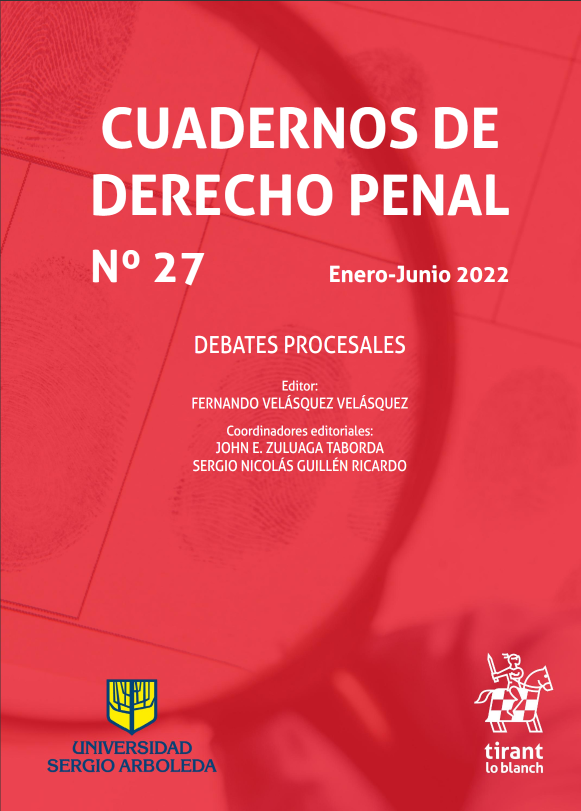Abstract
The Integral System of Truth, Justice, Reparation and Non-Repetition created by the Peace Agreement between the National Government and the FARC-EP represents the last major global milestone in transitional justice. This model of justice challenges the traditional interpretation of the truth and its relationship with the criminal process in the ordinary justice system, its philosophical and theoretical assumptions and its historical evolution. Its analysis and reflection are determinant to understand the evolution of the concept of the right to truth, transitional justice and restorative justice. This work seeks to unveil the theoretical and practical challenges that this model embodies in the framework of a social and democratic rule of law, its values and founding principles.

